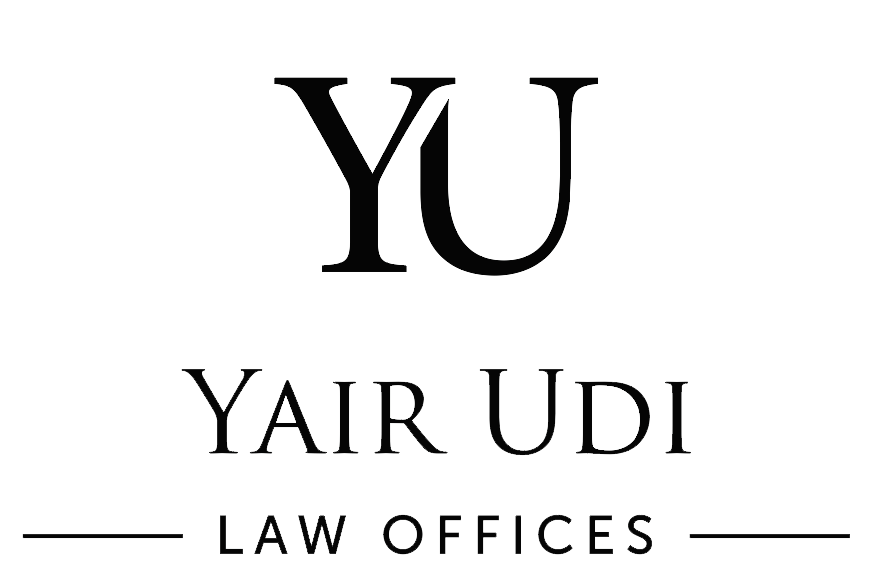Founding a company is a lot like getting married. During the honeymoon period, everything looks promising for the newlywed couple, but as the relationship evolves, complexity and tension become more familiar to them, and issues like property, money, and children become magnified. People try to solve these issues by putting pre-nup agreements in place.
A similar circumstance transpired when starting a company; a good founding agreement has to be part of the process.
I’ve listed the five most important things that you should include when asking your lawyer for a founders’ agreement:
Equity Repurchase
Allocation of equity between the founders is one of the most important issues to be agreed. The inherent problem with equity allocation in start-ups though is the farther you go, the harder it gets, and the road towards success is usually not an easy one. Accordingly, allocation of equity on “Day One” may be advantageous to the quitters and harm the rest of the founders, and, of course, the company.
Covering all of this matter’s related issues wouldn’t be practical; same goes for the available solutions. The most common answer that the venture capital world has to offer is the vesting / reverse vesting mechanism which allows a founder’s equity to be purchased by the company or by the remaining founders.
Leaving aside specifics and possible problematic implications, this is a relatively efficient mechanism which your founders’ agreement should include.
Financing
Risk allocation customs dictate that a startup founder puts his day-work, time, efforts, and most of all, talent on the line, while the investor normally risks cash. But more often than not, start-ups find it hard to raise money and may choose to postpone the financing round until a better valuation becomes available, or for other reasons. If this happens, the founders have to reach into their pockets to risk some initial cash so they can buy things they cannot do in-house.
A good agreement would include applicable arrangements to define how decisions are to be made. Money-related issues are generally not excluded, but a specific reference to in-house financing, something that is both not trivial and not always even discussed, would bring this topic to the table and help to define the initial expectations and boundaries for all parties. Having this discussions and wording can save unnecessary tension if and when the founders shall be required to bring in house cash.
Full Intellectual Property Assignment
This is probably the most important issues in the founders’ agreement, from both the company’s and investors’ prospective. If you have made a bad or insufficient assignment, a sophisticated investor will look into this and ask that you reassign. Sounds simple, but as things between founders can sometimes get complicated, you don’t want to give a breaching founder a tool that can be used against the company.
Why is this so important? Because these assets (the IP) are what the company brings to the table, and it is vital that these assets are properly transferred to the company in which the investor will put his money. The company will also want to have the ability to use these assets, even with a departing founder out of the picture.
Time and Effort
Make sure that all of you have the same expectations. Don’t just write that you are going to invest all of your efforts if you are not. Roles and responsibilities are important, but remember in the early days that everyone does everything. But time and effort are of the essence, and therefore if one of you is also working in parallel on a daily job, and you agree that it will so remain, include such statement in the founders’ agreement. As a side note, I will mention that your investors will usually expect to see full dedication and involvement in the company on your behalf, but the founders’ agreement, like any other agreement, can be amended if all parties agree. You can also say – for example – that your partner’s day job is acceptable only until you closed a financing round.
Secrecy and Non-Competition
Going back to the tension between founders, and to how things can get complicated along the way, know that a good founders’ agreement has to include restrictions regarding the founders’ ability to compete with the Company, while they are engaged and afterwards (usually time limited), as well as applicable secrecy provisions, preventing the founders from disclosing confidential information of the Company to others.
A founders’ agreement may seem to be redundant, but will actually strengthen the bond between the founders, as it will help everyone clear in advance all obstacles they haven’t fully considered.
DISCLAIMER
This content is brought to you for informational purposes only, you should not construe any such information or other material as legal, tax, investment, financial, or other advice. Nothing contained on this website constitutes a solicitation, recommendation, endorsement, or offer by any person or any third party service provider to buy or sell any securities or other financial instruments in this or in in any other jurisdiction in which such solicitation or offer would be unlawful under the securities laws of such jurisdiction.
THIS ARTICLE IS PROVIDED FOR INFORMATIONAL PURPOSES ONLY AND DO NOT CONSTITUTE LEGAL ADVICE. THIS ARTICLE IS PROVIDED WITHOUT ANY WARRANTY, EXPRESS OR IMPLIED, INCLUDING AS TO ITS LEGAL EFFECT AND COMPLETENESS. THE INFORMATION SHOULD BE USED AS A GUIDE AND MODIFIED TO MEET YOUR OWN INDIVIDUAL NEEDS AND THE LAWS OF YOUR STATE, BY INDEPENDENT COUNSEL YOU RETAIN. YOUR USE OF ANY INFORMATION CONTAINED IN THIS ARTICLE, IS AT YOUR OWN RISK. WE, OUR EMPLOYEES, CONTRACTORS, OR ATTORNEYS WHO PARTICIPATED IN PROVIDING THE INFORMATION CONTAINED HEREIN, EXPRESSLY DISCLAIM ANY WARRANTY, AND BY DOWNLOADING OR USING OR RELYING ON THIS ARTICLE; NO ATTORNEY-CLIENT RELATIONSHIPS ARE CREATED. DO NOT USE THIS ARTICLE WITHOUT AN INDEPENDENT LAWYER YOU HAVE SPECIFICALLY RETAINED FOR SUCH PURPOSE.
© 2022 Yair Udi – Law Offices. All rights reserved

